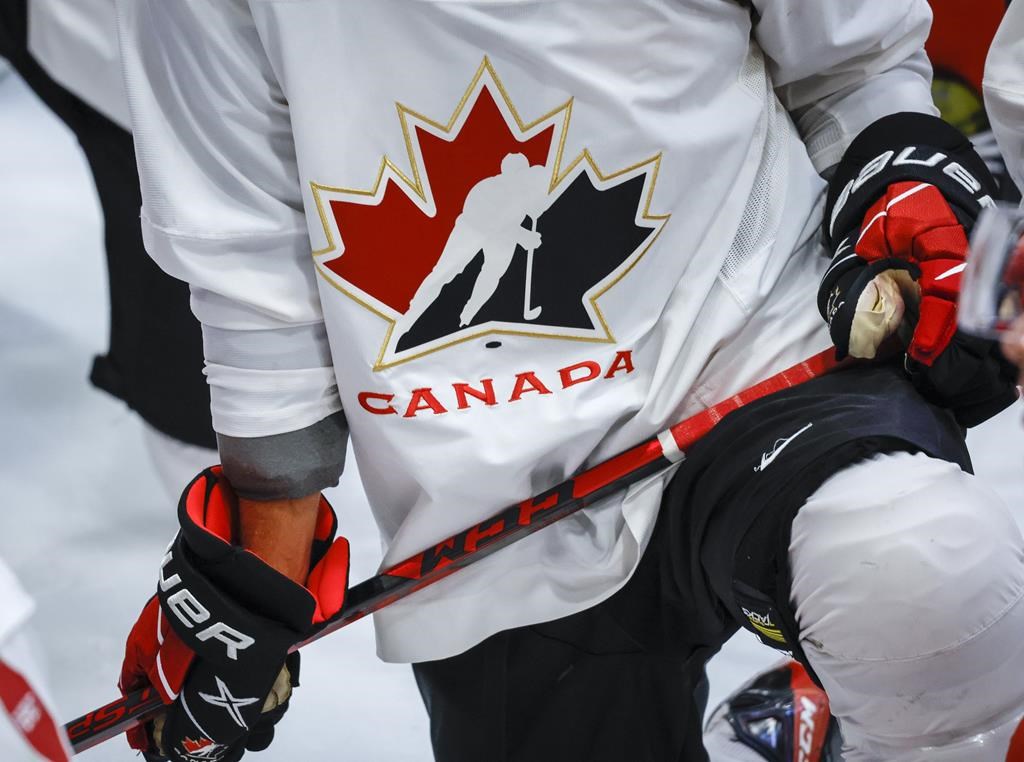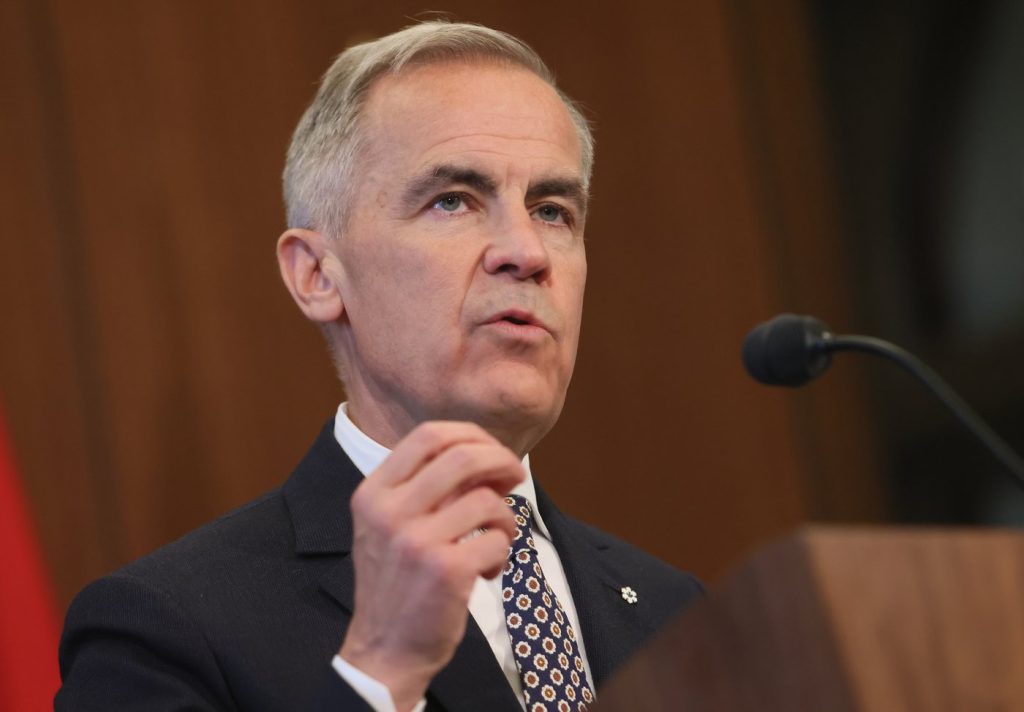The recent acquittal of five players on sexual assault charges has raised concerns about the future of Canadian hockey culture and its commitment to addressing toxic behavior within the sport. The players—Michael McLeod, Carter Hart, Alex Formenton, Dillon Dubé, and Cal Foote—were found not guilty on Thursday in a London, Ontario courtroom. Their case, which garnered significant media attention and political scrutiny, was a pivotal moment for Hockey Canada, particularly after a scandal involving allegations against members of the 2018 Canadian junior men’s hockey team surfaced in 2022.
In response to the unfolding allegations, Hockey Canada faced substantial public backlash for its handling of the situation, including using registration fees to settle lawsuits. The organization's leaders committed to reforming the culture of hockey, implementing mandatory training focused on sexual violence and consent for athletes and staff. However, Greg Gilhooly, a lawyer and survivor of abuse, warns that this acquittal might hinder progress, suggesting that some might interpret this verdict as an indication that hockey culture does not require change.
“The concern is that the community will see this decision, and they’ll say hockey culture doesn’t need to change because these guys did nothing wrong,” Gilhooly stated. He emphasized that while the players were not found guilty of crimes, the underlying issues of leadership and character demonstrated by those present during the incident require scrutiny and a reevaluation of conduct within the sport.
The reverberations of the case reached the Canadian Parliament, where policymakers questioned Hockey Canada’s executives regarding their awareness of the events and their subsequent decisions. This high-profile case highlighted broader issues including racism, hazing, and discrimination in hockey, prompting several sponsors to withdraw their support for Hockey Canada. While some sponsors have since returned, public trust remains fragile.
Following the acquisition of new leadership by replacing former president Scott Smith with Katherine Henderson, Hockey Canada initiated various reforms. These included summits aimed at addressing toxic masculinity in hockey and a pledge to maintain transparency concerning their reform efforts. However, skeptics like Laura Robinson, the author of “Crossing The Line: Violence and Sexual Assault in Canada’s National Sport,” argue that meaningful change has yet to be realized. Robinson notes the lack of female representation in coaching roles for men’s teams, asserting that true reform requires a significant restructuring in leadership.
Academics and advocates also voiced concerns after the verdict. Laurel Walzak from Toronto Metropolitan University reiterated the need for an ongoing commitment to cultural change in hockey. She expressed the potential for renewed advocacy, stressing the importance of vigilance regarding Hockey Canada’s conduct at all levels. Moreover, organizations that support survivors of abuse expressed fear that this legal decision could perpetuate the culture of silence around sexual violence in sports, making potential victims more reluctant to come forward.
Amelia Cline, managing director of Athletes Empowered, articulated the chilling effect the verdict could have on survivors. She emphasized that the outcome might lead survivors to feel their experiences are minimized, and justice is unattainable. The efforts to reform hockey culture, while initiated, now face significant challenges as the community grapples with the implications of this acquittal and its impact on the ongoing dialogues surrounding accountability and ethical behavior in sports.












